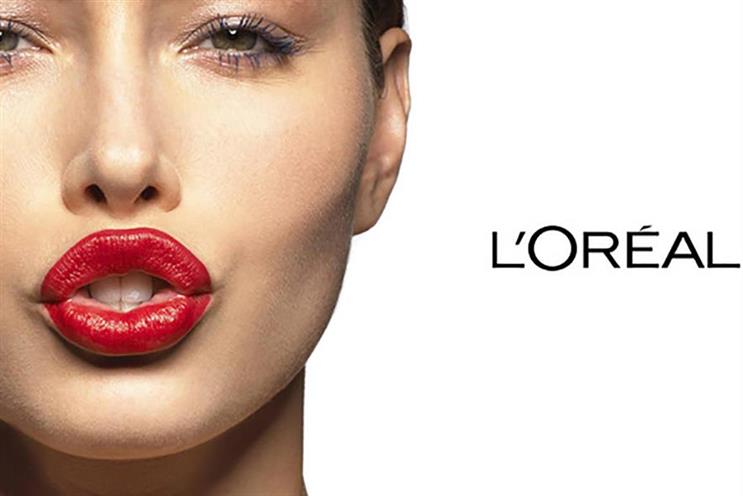L’Oréal has increased the share of its marketing spend going towards digital channels from 50% to 70% since the start of the coronavirus pandemic, chief digital officer Lubomira Rochet told the Financial Times.
The shift of focus reflects an accelerating trend in the company’s sales, with ecommerce accounting for 20% of the total in the first quarter of 2020, up from 16% in 2019 and almost double where it was in 2018. With L’Oréal’s overall sales down 4.8% in the first quarter, and Barclays forecasting a 9.2% drop across the year, ecommerce is an increasingly important driver.
Writing in the latest issue of Campaign, Rochet admitted that L’Oréal – like many other major advertisers – had cut its media spend during the pandemic, but said the positive impact of the advertising it has done was clear. "We were able to see first hand the responsiveness of consumers to every piece of advertising we displayed on TV or online," she said.
Rochet added that the increased focus on digital channels did not mean the business was abandoning other models of communication.
"Advertising is a priority during a recession," she said. "Protecting media money has been a priority for our brands. For a time, we moved the bulk of the investment to support ecommerce sales and business continuity but as soon as we could, we started reinvesting in brand-building, creating awareness and consumers’ appetite to come back to stores and to beauty."
L’Oréal's shift in spend is in line with the findings of Group M’s Mid-Year Forecast, published today, predicting that while the UK ad market will take a significant hit this year, ecommerce-related spending will see a boom.
Rochet also told the FT that ModiFace, the augmented-reality start-up bought by L’Oréal in 2018, had been "a big competitive advantage in the crisis for us".
Last year, Nikki Akers, ecommerce acceleration director at L'Oréal UK and Ireland, told Campaign’s Breakfast Briefing event that the tool, which allows consumers to virtually try on make-up, had helped online conversion rates as much as triple.
In April, Keith Weed, who has also written in the latest issue of Campaign, said he believed the coronavirus crisis had, in a matter of weeks, caused 15 years' worth of new adopters to try ecommerce for the first time.







